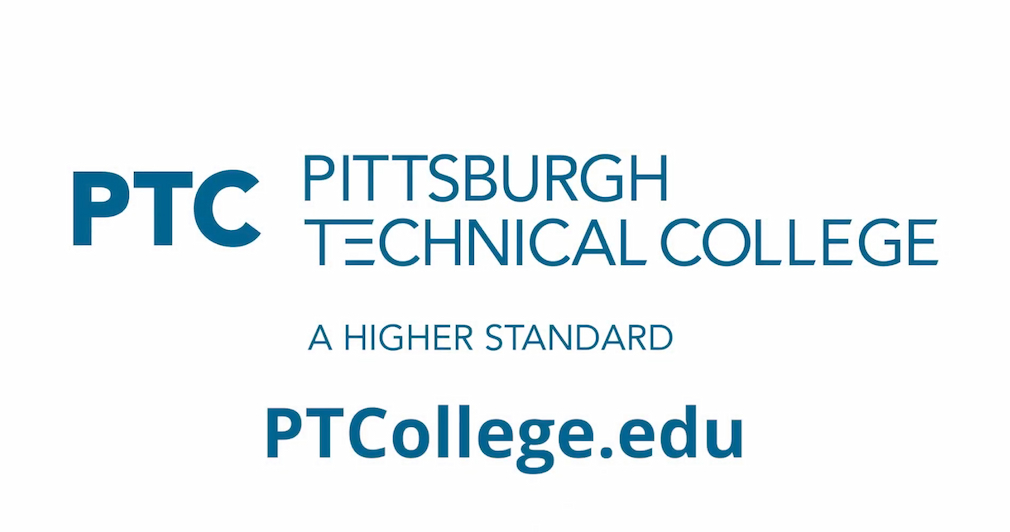
Melanie Ann Layer, The Coach Program
Be wary of anyone who says there’s big money to be made as a life coach.
UPDATE 12/9/22: The Princeton Review has revised its promotional emails and website to make clear that an SAT score of at least 1400 is only “guaranteed” if the “starting score” – aka a student’s score on an official SAT test or on a practice test administered by The Princeton Review – is 1250 or higher. Our original ad alert follows.
High school seniors planning to go to college in the fall of 2023 may have one of the following dates circled in bright red on their calendar: Oct. 1, Nov. 5, Dec. 3.
That’s because these are the last SAT test dates of 2022, representing the last chances for seniors to take the test before what is typically a Jan. 1 deadline to apply to college for admission the following fall.
Many companies offer online test prep for the SAT but only The Princeton Review backs its “SAT 1400+ Guaranteed*” course, which normally costs $2,199, with a promise that if students do not score at least 1400 they get their money back.
“Score a 1400+ or your money back*,” The Princeton Review said in a recent email to subscribers flagged by a consumer.
A score of 1400 would put you in the top 5 percent of test takers. But there’s a caveat that isn’t disclosed in the email – and takes a few clicks to get to the bottom of.
Perhaps you noticed the asterisk attached to “money back” in the email (and “Guaranteed” on The Princeton Review website, seen above). In the email, the asterisk corresponds to fine print at the bottom of the email that states in part:
*Restrictions apply. Please see our terms and conditions for details.
Clicking “terms and conditions” directs to a page on The Princeton Review website titled “The Princeton Review Guarantee” with a list of “Better Scores Guarantee Eligible Programs.” Clicking “SAT 1400+” from the list of courses brings you to the details of the course located on another page.
There, it is finally revealed that a score of at least 1400 is only “guaranteed” if the “starting score” (aka a student’s score on an official SAT test or on a practice test administered by The Princeton Review) is 1250 or higher:
According to College Board, the average SAT score for the class of 2021 was 1088.
While students can score under 1400 and still have tuition refunded (but not course materials or shipping charges, according to the terms) if they improve their score by 150 points or more, they may ultimately feel misled by a course that is advertised as an “SAT 1400+ Guaranteed*” test prep program.
TINA.org reached out to The Princeton Review for comment. In response, the company stated, “We provide links to our guarantees when we reference them in advertising and we also include links to our guarantees on our website and in the enrollment terms (also available on our website) which purchasers have to accept when purchasing our offerings.” However, according to the FTC, “[d]isclosures that are an integral part of a claim or inseparable from it should not be communicated through a hyperlink.”
Find more of our coverage on college here.
Our Ad Alerts are not just about false and deceptive marketing issues, but may also be about ads that, although not necessarily deceptive, should be viewed with caution. Ad Alerts can also be about single issues and may not include a comprehensive list of all marketing issues relating to the brand discussed.
Be wary of anyone who says there’s big money to be made as a life coach.
Beauty MLM’s outsized earnings claims face increasing scrutiny.
School’s advertised job placement rates don’t tell the whole story.


